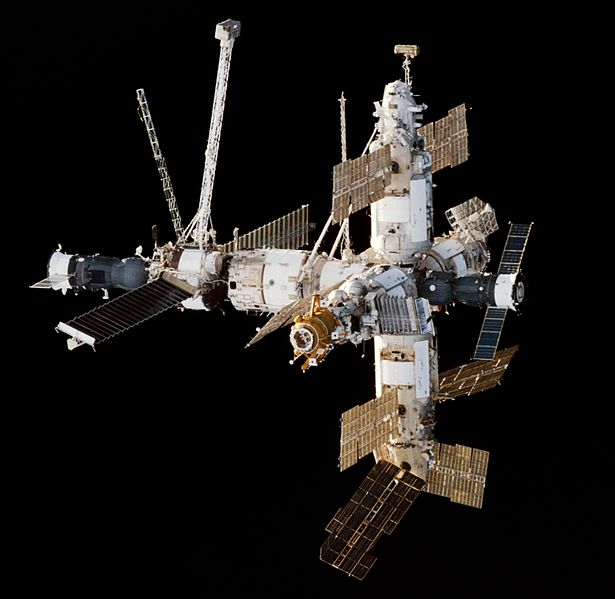

Canonical has not much of a strong commitment to packages it does not use by default [1]. Ubuntu is moving to Mir, which still upsets a lot of developers outside the Ubuntu community (I am impartial and apathetic myself), and it is still somewhat buggy [2]. Canonical shows some degree of arrogance when it merely assumes that everyone will adapt to Ubuntu [3]. Mir is reluctantly mentioned by some developers [4]. If they don't embrace it by writing code for it, then Canonical will [5]. In a way, given these recent developments, it seems likely that Mir is here to stay, with or without popular support. Since Mir is not proprietary, it's a waste of efforts bashing it; it's probably a case of barking up the wrong tree. Mono was a different thing because it posed patent and API domination (by Microsoft) threats. ⬆
Ubuntu developers are presently deciding what to do with support for the ReiserFS file-system, up to and including dropping kernel support for the aging but stable file-system.
Canonical has confirmed that proprietary driver support will be required when the X fallback will be removed.
It's been rather unclear what will happen after Ubuntu 14.04 LTS is released, especially because Canonical said that it would remove the X fallback support by that time.
Canonical's Chris Halse James Rogers who has traditionally been part of their X.Org maintenance team and recently been involved with their Mir Display Server is in the Portland (Oregon) area and was thus at this week's XDC2013. Chris had a brief topic covering Mir but more specifically their nested X Servers and if there's anything they can share with others -- i.e. Wayland.
Many graphics card developers consider Mir immature and refused to bring Mir support for their hardware. For example, Intel has dropped the Mir support in order to invest in Wayland, the default system compositor for Tizen, Lubuntu and many others.
Canonical does not worry about Intel decision to drop the support for their compositor, since they are open source, the Ubuntu developers themselves can optimize Mir for the Intel hardware.